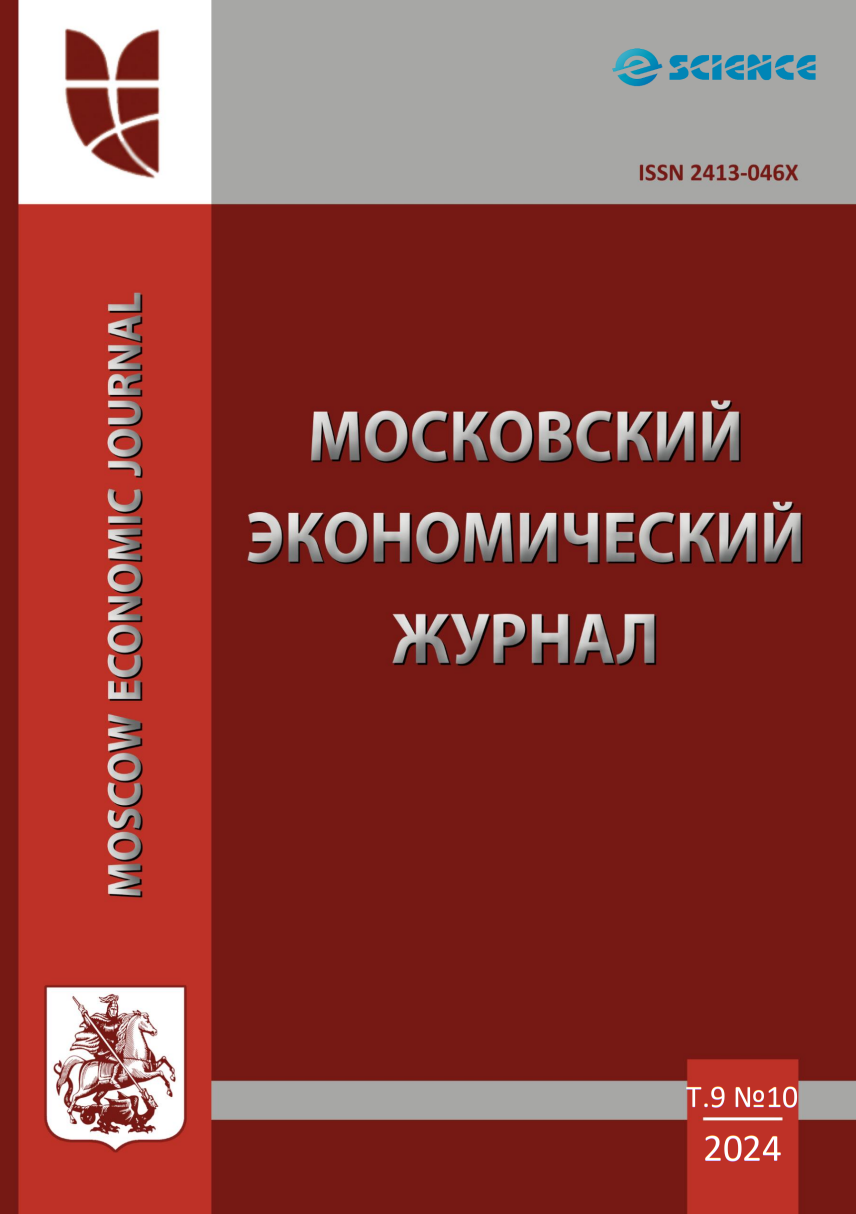employee
UDC 005
The digital revolution in human resource management (HR) has changed hiring procedures and the entire network of contacts between employers and employees. This is especially important in Russian conditions, when a large number of enterprises actively use advanced technologies to optimize their personnel procedures. Automated systems save time on repetitive processes such as document management, resume selection, and candidate pre-selection. This allows HR professionals to focus more on strategic aspects of their business, such as talent retention and corporate culture development, but, in addition to its advantages, digitalization also creates new difficulties. One of the main disadvantages of working with candidates and employees is the possibility of losing personal contacts. Since artificial intelligence analyzes huge amounts of data and draws conclusions using algorithms, it can significantly improve the recruitment process. However, its application is fraught with ethical problems. Algorithms can be biased or misinterpret data, which can lead to discrimination or incorrect choices. Thus, HR specialists continue to play a crucial role in monitoring automated procedures and ensuring impartiality and fairness towards candidates. Thanks to digitalization, the analysis of employee data opens up new opportunities. By collecting data on employee productivity, engagement, and satisfaction, HR analytics solutions allow you to more accurately predict business requirements and create customized HR management plans.
HR management, digital technologies, automation, artificial intelligence, HR, human resource management
1. Huo, X. The Application of Electronic Human Resource Management Systems (e-HRM) in HR Management / X. Huo, M. Qi, S. Wang // Advances in Economics and Management Research. – 2024. – Vol. 10, No. 1. – P. 316.
2. Su, K. Study on the Impact of Enterprise HR Management Informationization on Labor Relations Management / K. Su // Transactions on Social Science, Education and Humanities Research. – 2024. – Vol. 9. – P. 228-233.
3. Berezin, K. A. Upravlenie kadrami, chelovecheskimi resursami v organizacii / K. A. Berezin // Vestnik nauki. – 2023. – T. 5, № 6(63). – S. 18-29.
4. Brizhenko, A. A. Antikrizisnoe upravlenie: HR-aspekty / A. A. Brizhenko, A. A. Tubalec // Rossiyskaya ekonomicheskaya model': soderzhanie i struktura: sbornik materialov Mezhdunarodnoy nauchno-prakticheskoy konferencii, Gelendzhik, 16–20 maya 2012 goda. – Gelendzhik: Kubanskiy gosudarstvennyy agrarnyy universitet imeni I.T. Trubilina, 2012. – S. 577-581.
5. Bunchikov, O. N. Innovacionnaya strategiya razvitiya organizacii: voprosy teorii i praktiki / O. N. Bunchikov, V. M. Dzhuha, T. Yu. Cherepuhin // Ekonomika i predprinimatel'stvo. – 2020. – № 7(120). – S. 1057-1060.
6. Ivanova, I. G. Povyshenie effektivnosti upravleniya riskami v organizacionnom upravlenii proektami / I. G. Ivanova, V. E. Bobrysheva // Upravlenie proektami razvitiya sel'skih territoriy : Kollektivnaya monografiya. – Krasnodar : Rossiyskoe energeticheskoe agentstvo, 2024. – S. 170-181.
7. Iskandaryan, G. O. Strategicheskie aspekty sovershenstvovaniya upravleniya chelovecheskimi resursami regiona / G. O. Iskandaryan // Ekonomika i predprinimatel'stvo. – 2020. – № 3(116). – S. 536-541.
8. Saenko, I. I. Konceptual'nyy podhod k ocenke effektivnosti organizacionnoy struktury upravleniya sel'skohozyaystvennogo predpriyatiya / I. I. Saenko, S. V. Teyvanov // Ekonomika i predprinimatel'stvo. – 2018. – № 10(99). – S. 1154-1158.
9. Strandstrem, E. B. HR-menedzhment medicinskih organizaciy: teoretiko-metodicheskie podhody k upravleniyu loyal'nost'yu / E. B. Strandstrem // Zhurnal prikladnyh issledovaniy. – 2021. – № 4-4. – S. 52-57.
10. Tursunkulov, I. A. Organizaciya suschnost' stiley upravleniya personalom v sovershenstvovanii mehanizma upravleniya / I. A. Tursunkulov // Ekonomika i socium. – 2022. – № 12-2(103). – S. 604-607.











